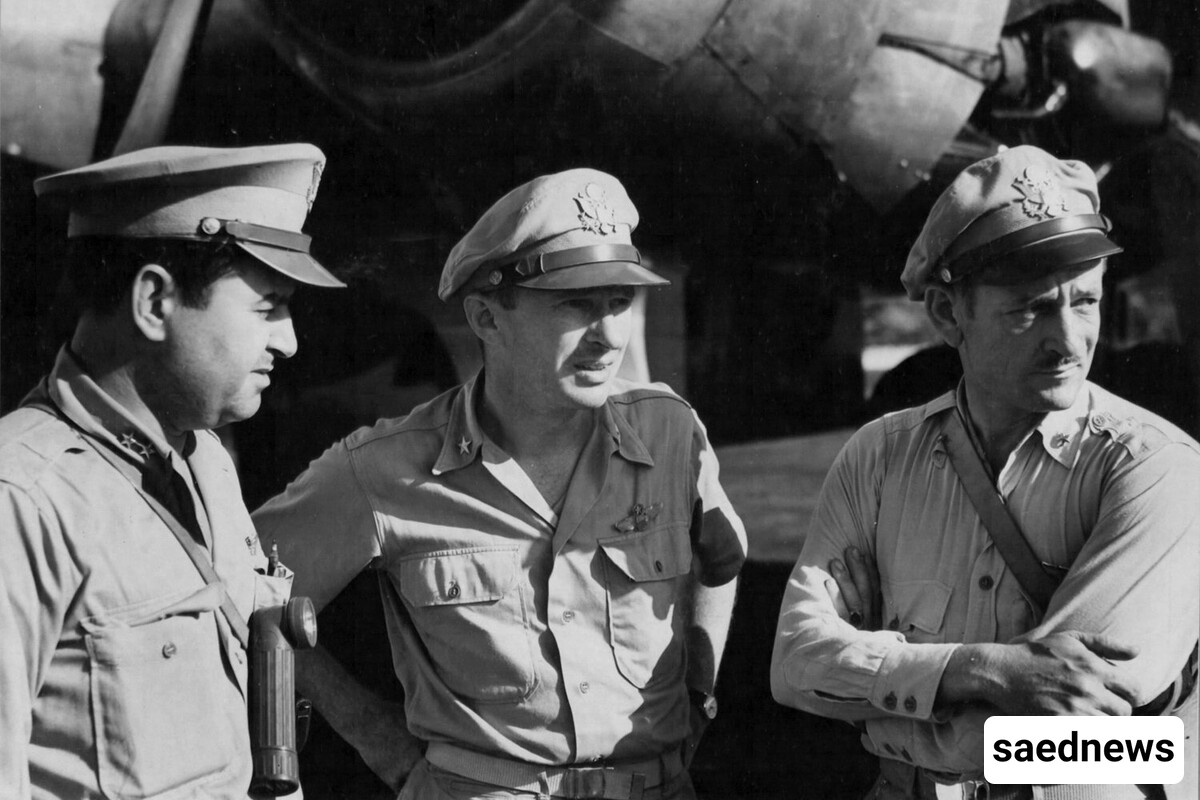SAEDNEWS: World War I was a brutal and devastating conflict. One contributing factor was the inaccuracy of aerial bombing—planes were a new technology, and targeting the bombs they dropped was still highly unreliable.

According to SAEDNEWS: Malcolm Gladwell is a well-known author, often recognized for his engaging storytelling, even if his conclusions sometimes spark debates. His latest book, “The Bomber Mafia,” tells a fascinating story about World War II air power, focusing on two contrasting military leaders: General Haywood Hansell and General Curtis LeMay.

Originally an audiobook, “The Bomber Mafia” is a concise read at under 180 pages. While some readers might find it feels a bit short and not fully comprehensive, it delivers intriguing insights into a pivotal moment in military history.
The book introduces us to Hansell and his group, who believed in the potential of precision bombing to end wars swiftly and with fewer casualties. His vision was clear: if bombs could hit strategic targets accurately, it would reduce the need for ground troops and save lives.
However, the technology at that time didn't support Hansell's ambitions. Bombers struggled with accuracy, often impacted by bad weather, and missions were vulnerable to enemy attacks during the day.
In contrast, General Curtis LeMay had a different approach. He believed that to end the war quickly, the U.S. needed to bomb cities indiscriminately, creating widespread destruction. This brutal strategy resulted in the firebombing of nearly 70 Japanese cities and ultimately contributed to the use of atomic bombs in Hiroshima and Nagasaki.

Gladwell explores the motivations and outcomes of both Hansell’s and LeMay’s strategies. LeMay’s tactics, though controversial, resulted in a swift conclusion to the war, arguably saving many Allied lives. His belief was that a short, albeit brutal, war could lead to faster peace.
On the other hand, the vision of The Bomber Mafia—rooted in moral considerations and technological hope—did eventually win out in the long run. Today, the advanced technology allows for precise air strikes, embodying the ideals that Hansell and his group believed in.

1. Two Generals, Two Visions: Gladwell presents Hansell as the hopeful innovator and LeMay as the ruthless pragmatist. Their contrasting philosophies provide a deeper understanding of military strategy and ethics in war.
2. Moral Implications: The book raises essential questions about morality in warfare. While rapid victory might save lives in the short term, the implications of widespread destruction are profound—echoing themes still relevant today.
3. The Evolution of Technology: The narrative highlights how military technology has evolved. Today’s precision strikes would have seemed like impossible dreams to Hansell's Bomber Mafia.
4. Historical Reflection: “The Bomber Mafia” encourages readers to think critically about the past and how it shapes today's military practices and ethical considerations.
Overall, Malcolm Gladwell’s “The Bomber Mafia” invites readers to reflect on the complexities of war, ethics, and technology. While it may not present a full spectrum of perspectives, it sparks thought and discussion, making it a worthwhile read for anyone interested in history, military strategy, or moral dilemmas. Whether you agree with Gladwell’s interpretations or find them lacking, the storytelling will keep you engaged and pondering deep questions long after you’ve turned the last page.

